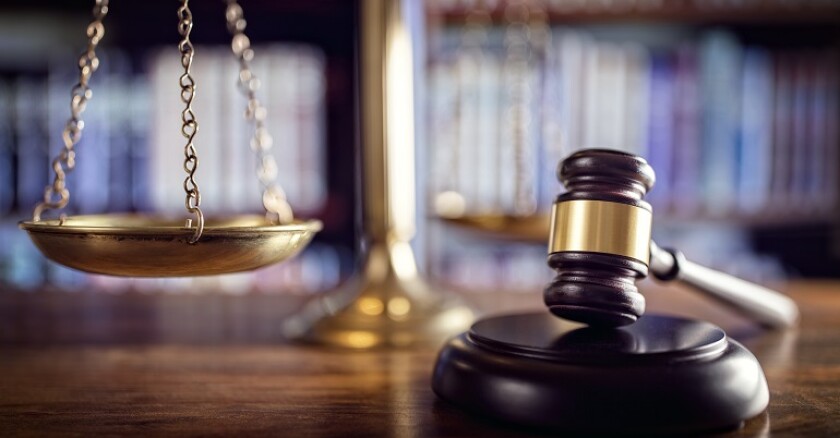The ruling by the Ninth U.S. Circuit Court of Appeals in San Francisco appears to apply equally to ride-hailing companies such as Uber and Lyft, which spent over $200 million to win voter approval of Proposition 22 in November. The court’s action adds to the uncertainty over the impact of Prop. 22, even if state courts overrule an Alameda County judge’s decision last month that found the ballot measure to be in violation of the California Constitution.
Monday’s ruling should mean that “drivers and the state can recover massive penalties that Grubhub incurred violating state law for many years,” said Shannon Liss-Riordan, lawyer for the former Grubhub driver who filed the suit in 2016.
Under the state’s Private Attorneys General Act, Liss-Riordan said, a company found to have violated the employment law must pay penalties of at least $100 a week per driver, with the drivers collecting 25% of the funds and the rest going to the state.
In a separate case, drivers for Uber, Lyft and other companies are suing to recover benefits they were denied before last November, including minimum wages, overtime and payment of work expenses, because the companies treated them as contractors rather than employees. Other courts have concluded that the drivers should have been classified as employees, under standards the state Supreme Court set in 2018, because they performed the companies’ business and worked under the companies’ control.
Theane Evangelis, a lawyer for Grubhub, noted that U.S. Magistrate Judge Jacqueline Scott Corley of San Francisco had previously held a non-jury trial in the case and ruled that the drivers should be classified as contractors. She predicted a similar ruling in the future by Corley, who was told to reconsider the case Monday under the legal standards set by the appeals court.
“Drivers who use the Grubhub app are, and should be allowed to continue working as, independent contractors,” Evangelis said, reflecting the companies’ argument that their drivers prefer contractor status.
Raef Lawson of Los Angeles had delivered groceries for Grubhub for less than four months when the company dismissed him in February 2016. His suit accused Grubhub of violating state laws that entitle employees to time-and-a-half pay for overtime and compensation for business expenses.
Corley ruled in the company’s favor before the state Supreme Court’s pro-employee decision in 2018, and before passage of Prop. 22. In urging the appeals court to uphold the magistrate’s ruling, Grubhub argued that the ballot measure nullified any rights a driver had held under previous laws, unless the driver had already won a court judgment — an award of damages or penalties.
The appeals court disagreed.
“Unpaid wages are vested rights” that survive a change in the law, Judge William Fletcher said in the 3-0 ruling.
Like Uber and Lyft, which have contended they are technology platforms rather than passenger companies, Grubhub argued that it is an “online take-out marketplace” and not a food delivery service. Fletcher noted that Corley had already rejected that argument — finding that “food delivery was part of Grubhub’s regular business” — but said the magistrate could re-examine the issue in the next round of the case.
© 2021 the San Francisco Chronicle. Distributed by Tribune Content Agency, LLC.








